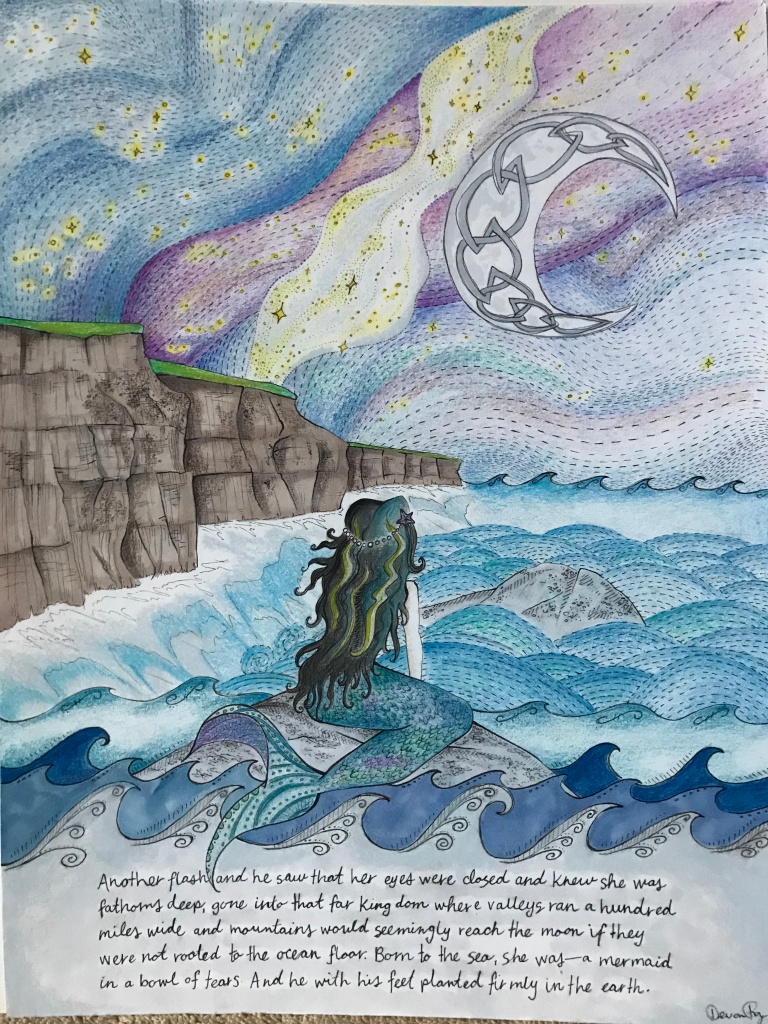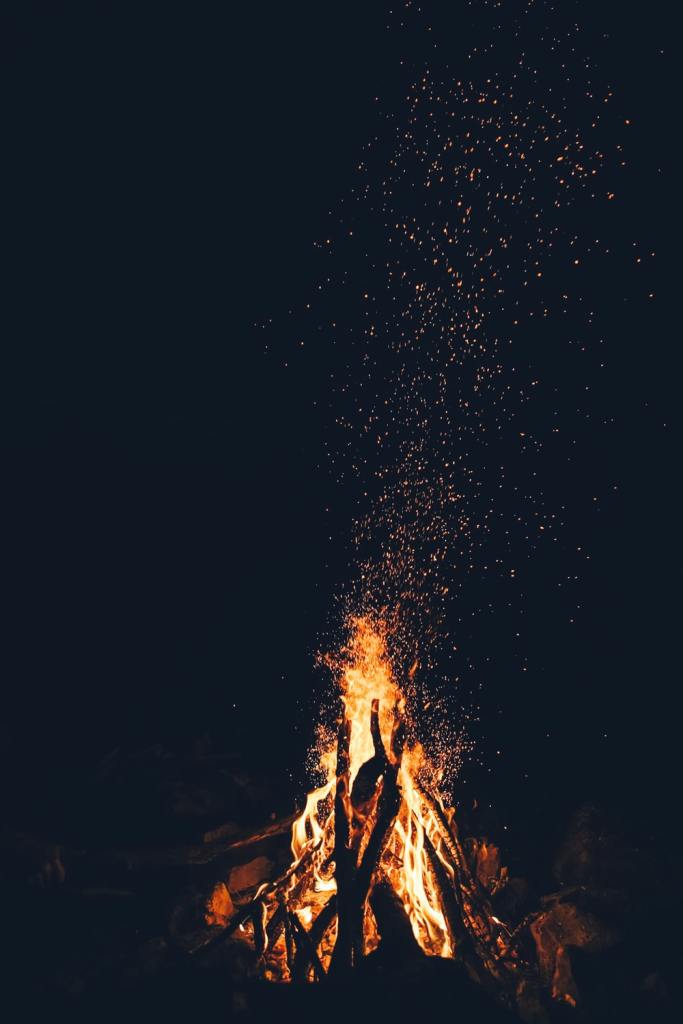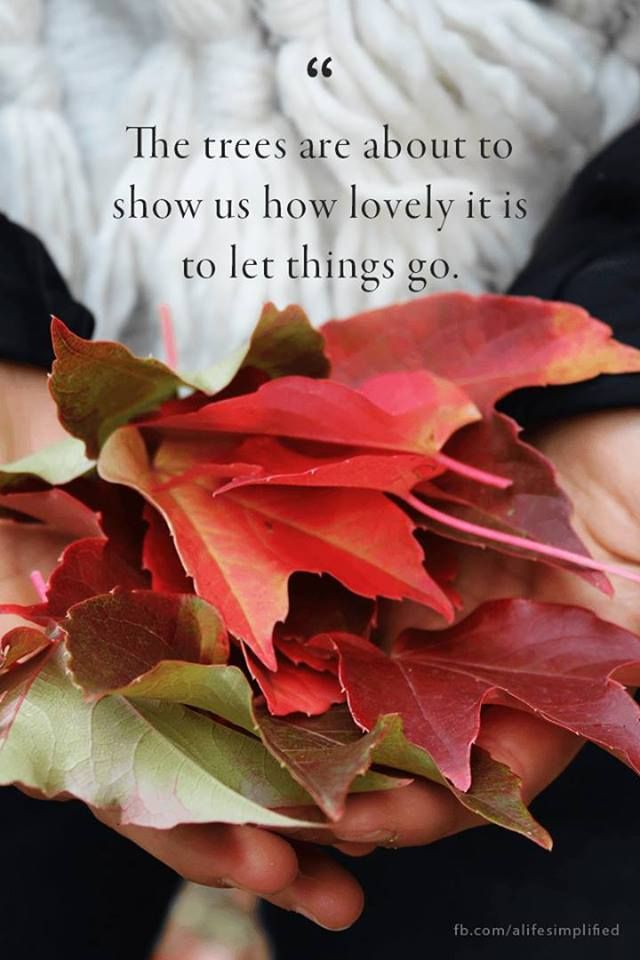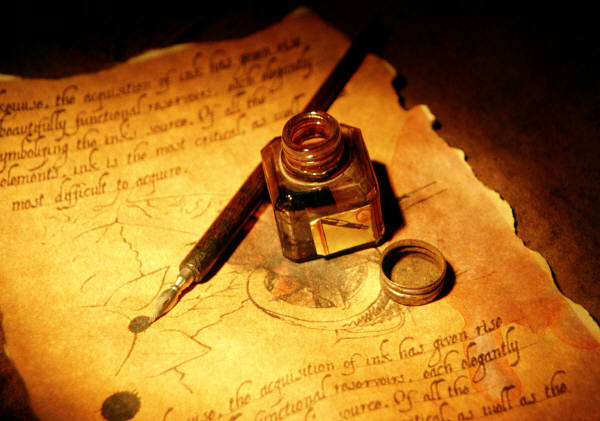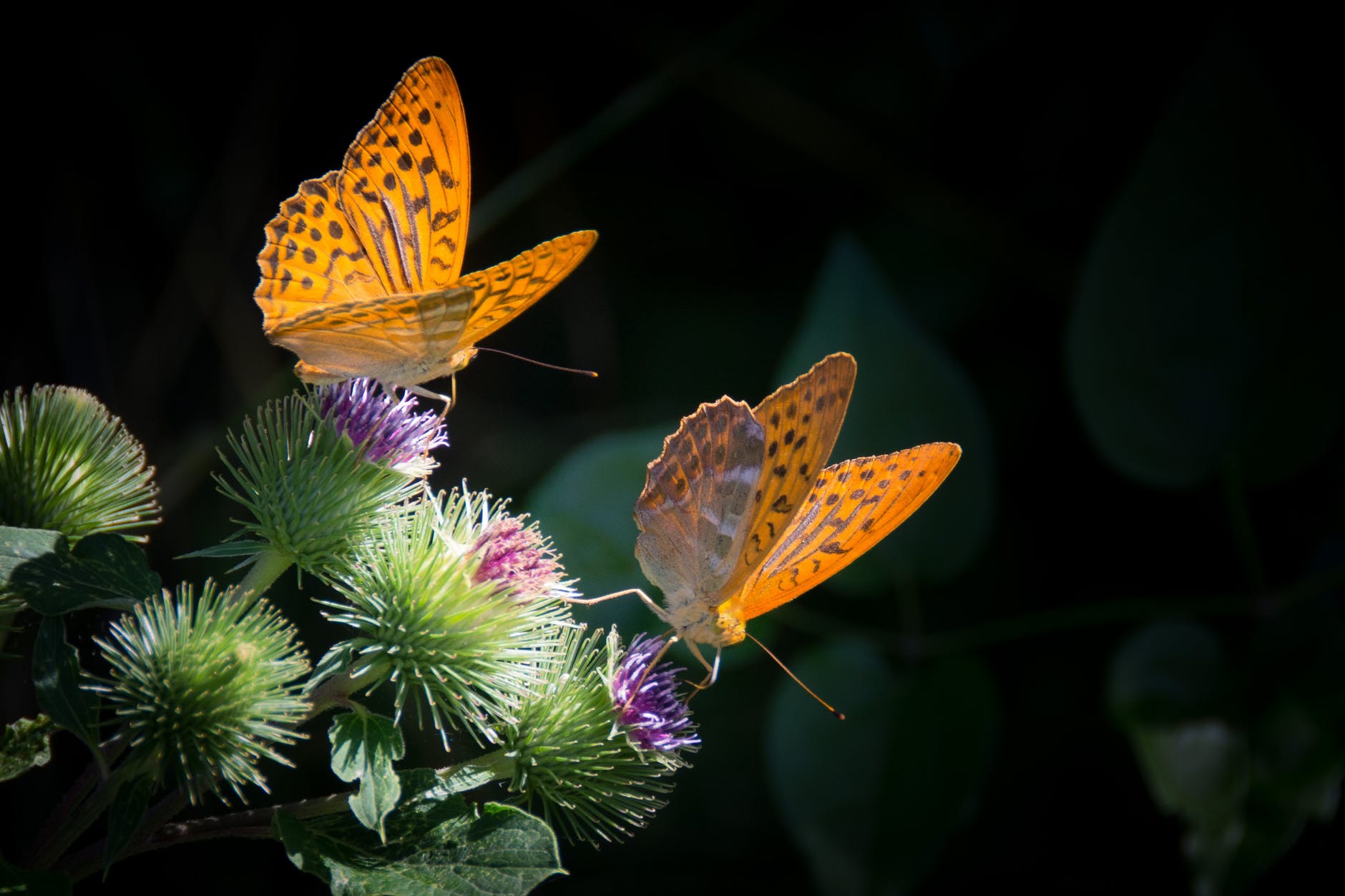I thought for this blog post I would show people how I build a chapter from start to finish. Usually I begin with just a few ideas and make some random jottings of my thoughts, imagery, what the narrative is about and put in bits of description so that I can set the mood of the piece. Mostly at this point it’s just about getting things started and figuring out a direction–who is in the chapter, what do I want to say, will this chapter link from the last one to the next, or is it more of a standalone in order to build character or get ready for events down the line? Sometimes I know going in which it is, and sometimes I don’t. In this case it’s a bit of setting things up for what’s to come, even if I don’t entirely know what those things are yet. So I just sit down and see what shows up. Usually this is after a bit of research, which always gets my mind going down a few paths, and presents new ideas as well that I wouldn’t have thought of otherwise. So here’s day one on a chapter I’m working on for Yevgena’s book- The Long Road. This is early in the book when she’s trying to find a role for herself within the kumpania. What I know at this point is that she’s gone out into the fields and woods with Zuza, who is basically the wisewoman of this particular camp and someone Yevgena is connected to in other ways that she’s not entirely aware of just yet. So I never begin at the beginning- usually I find the first sentence after the rest of the chapter is done, because I always have trouble with opening sentences, closing ones I find much easier as they tend to emerge in some fashion during the writing of the chapter. Opening sentences occasionally will show up in a spontaneous fashion but nowhere near as often as I’d like. So without further ado, here’s day one’s writing.
All the work in the following paragraphs is copyrighted Cindy Brandner 2021
Day One
The ground was boggy here and pocked with small, low-laying ponds glazed with brilliant green moss. Fallen tree trunks lay in various stages of decomposition, sporting star-like flowers and playing host to innumerable species of beetle and bug.
It came upon me then, that feeling when one is in the presence of an entity so old that it remembered a time when huge creatures trundled across its landscape, large beings with scales and thick trunks and armoured plates around its head.
…a drift of blue flowers, nodding their heads in the wind.
…a stork stood in the shallows, iridescent black feathers ruffling in the breeze and the luminous white of its underbelly glowing in the late day sunlight.
…but for this, there were no words, nor any name which might suffice to speak to what I’d just felt. Not everything needs language, Zuza had said, and she was right, not everything did. I rose, my skirts damp, my skin glazed with mud, and my soul entirely content.
…silvery-grey drifts of wormwood with the heat drawing out the delicious low-lying scent.
“It’s good for the digestion and stomach trouble,” Zuza said, tucking a few branches in her basket, which was already heaped to spilling with a variety of herbs, plants and mosses.
***
On day two I have a much better idea of where I’m headed and what I want to accomplish with the chapter. So I start building the fragments and sentences into the structure. Usually something I’ve written the day before will stand out for me, and that will give me a place to start for the current day. I’ll also add a sentence or two here and there as bits of conversation float out of the fog to me. Bits of conversation, more random bits of description, etc. You’ll see if you’ve read day one’s work where the majority of the work occurred. I also sometimes put notes inside the writing itself–relevant research, free association with words, things I need to check just get a bracket with a question mark and so forth–the process is messy to say the least, but this is how it’s built. At least this is how I build it.
Day Two
“It is time for the real magic,” she said. “Come, bring your basket and a sharp knife, we’re going out into the fields today.”
***
“You must give yourself over to her. Immerse yourself in her flow–water, wind and the moving of the soil. Let all thought go and simply feel her. Heart, not head.”
***
…the beautiful fuchsia flash of the rosefinch, the airy dart of the Clouded Apollo, the fluttering leaf of the Green-veined White and the small pulsing abdomen of a damselfly with cerulean wings.
…cranesbill and Solomon’s Seal. Chickweed and
…a fairy forest of birch, fronted by a foaming sea of (?) and swans drifting lazily along the surface of the river.
***
A shiver chased down my spine like cold silver, pricking at my nerve-endings. This was innate knowledge, the sort you always carry within you but cannot articulate, because there are no words when something is older than language itself.
***
The ground was boggy here and pocked with small, low-laying ponds glazed with brilliant green moss. Fallen tree trunks lay in various stages of decomposition, sporting star-like flowers and playing host to innumerable species of beetle and bug.
It came upon me then, that feeling when one is in the presence of an entity so old that it remembered a time when huge creatures trundled across its landscape, large beings with scales and thick trunks and armoured plates around its head.
…a drift of blue flowers, nodding their heads in the wind.
…a field of rye, dotted with cornflowers and poppies, and a-flutter with at least a dozen different kinds of butterflies–Clouded Apollos,
…a stork stood in the shallows, iridescent black feathers ruffling in the breeze and the luminous white of its underbelly glowing in the late day sunlight.
***
“For the lungs,” I said.
“Good, and how did you know that?”
“I just felt it, I could breathe more deeply after I…” I wasn’t sure how to describe what I’d felt.
“After you let it in,” she said and I nodded, thinking this was as good an explanation as any.
***
“The old gods know these things,” she said. “You say their names, you summon them and they will give you the gift, though it’s the earth herself who ultimately decides.”
(Mokosh, great goddess of the earth- particularly in Russia, Zhiva- ‘she who lives’, Jutrobog- moon god, Diiwica- goddess of the forest, Zorya- goddess of dusk and dawn)
Blood/sex/love/art/babies/Shakti/Kali/fertility/plant goddess/Baba Yaga/milk/thyme/dust/earth/life/death/fire
***
“Mokosh, Zhiva, Diiwica, Zorya, Kali…”
I said the string of names, feeling a little foolish, repeating them until my blood had adjusted to the rhythm of the chant. I called Baba Yaga last, for she was the goddess with whom I was most familiar and I knew her face even if at times she frightened me. Still, I understood her for I was of her kind–wild-haired and bare-footed with roots moving through the ground even as I flew through the air. She was the old woman of the deep forest, who waded up to her hips in the bogs, searching out the best of medicines, the plants that breathed in the bad and exhaled the good.
Standing here waiting for the plants to speak, a memory surfaced from the still, sweet water of my childhood. I had often picked herbs with Milka, roaming the forests of ponds near our home, Milka telling me tidbits and folklore about each herb and its uses. We’d stopped near a pond, one thick with water plants and Milka had kirtled up her skirts and waded in, telling me to wait upon the shore. I had ambled about the edges of the water for a bit, watching the frogs and the damselflies as they lit upon the reeds and finally, feeling sleepy, I’d settled down there, where the earth was damp and oozing and simply let my mind drift with the world around.
Later, I thought perhaps I’d fallen asleep there in the watery earth and thick mosses, and begun to dream in that hazy fashion which exists between the worlds. But even then I think I knew I had seen her. That old woman who is the world. At first I thought it was Milka returning, for even then she was old, but I soon realized it was not her. The face was unfamiliar and yet I knew it, I knew it as we all do when we see her. She was old and bent, her spine the curve of the earth itself, her neck and shoulders the light and the dark, her belly filled with all the babies–the winged ones, the scaled, the furred and pawed, the naked and upright–who have ever and will ever be born. She carried sticks upon her back, and dripping plants, her eyes as dark as the pool’s bottom, and her movements slow and deliberate. There were seas and rising lakes in her thighs and a river ran between her legs. As she came toward the shore though, I saw her begin to transform, rising sinuous from the water, watching it gleam as it rolled down her skin–her green skin. She had softly padded feet and was now four-legged, shoots and vines rustling beneath her skin, moss growing wet and dense between her eyebrows, flowing over her head and falling down her back in a cascade of leaf and flower.
The scent of her carried–water, earth, decay, growth, sex, musk, carrion, flower petals, the sea, joy, grief, life–all of it. And I knew her for who she was then, the Mother, the great one who carried us all in her loins and could strike us down any time she chose. Nature, red in tooth and claw. The monuments of men were as nothing to her, she simply crawled over them, crumbled them, and then swallowed them with her great and beautiful appetite. I could feel the drift of it over me, the plants that had been here for millions of years before us, and that would survive long after we were dust. The touch of her was both silk and thorn, both wet and searingly dry, both ice and sun. Still, she was in us, around us, of us. We were a link in her long chain, which went back to the ancient seas and the first ray of light upon a new planet.
Did I dream her, or did she dream me? The vision broke apart into shards of green light when Milka called my name. I blinked, the shards fading quickly and looked around, certain I would see that great creature rolling on, across the land, the land itself, rivers between her toes, trees springing under her paws. It was easy later to tell myself it was a dream, rather than an encounter with a creature older than time. I had never had such a vision again, but I had felt her at times, when the sun was particularly warm upon my body, when the tadpoles broke from their eggs and began to flit around the pond near our home, when crows flew against a late autumn sky, or geese crossed the face of the moon on the great airy path to their winter grounds. But these were mere glimpses, the things caught for a moment and felt just as briefly.
I remembered the experience now because she was here all around me, reminding me in my bones and cells that we had always known one another. I only needed to quiet my mind and wait. I sat then, in the hollow of a birch tree’s roots and made my mind as still as I could. The bark of the birch smooth behind my back, the tree a solid weight anchoring me to the earth. I closed my eyes and simply felt the world, as Zuza had told me to. At first I was twitchy, certain there was an ant on my leg, a spider spinning down towards my head, a beetle eyeing up my sleeve for admission, but then slowly, slowly, I began to understand and to feel as she had meant that I should. it was subtle to beging– just the breeze, the tickle of it in my hair, and the smooth touch of it on my skin. But then ever so slowly, I began to feel it, a faint buzzing emanating from the ground into my body, just a tingle at first, but then as I focussed there was something more, something which resonated with a regular rhythm, the way a heart did. It was not the first time I understood that the Earth herself was alive, truly alive, an organism of independent thought and soul, but it was a thing I often forgot as I went about my daily life. Right this moment though, I could feel her breathing, her heartbeat echoing through my own flesh. I let the energy in, the way Zuza had shown me and felt it set my blood on fire, not unlike the way Mihai did at night. There was something inherently erotic about this connection, for the Earth too moved to a particular pattern— wooed by the moon, seduced by the sun, she was a woman in her prime—fertile, fecund, voluptuous in all her parts, she knew how to open herself to wind and seed, to life and growth, and in time, to death as well.
The earth was mother, giver of life, made of stars and cells, seeds and dust, the great weaver of everything that gave life both its beauties and its horrors. We needed to step upon her with reverence, to understand her vagaries and know that while she looked after us as tenderly as any mother might, she could kill without remorse with the single swipe of wind or water. There before my eyes she rose. Glimmering with life, in a cloud of gold the crow–drenched in pollen–took flight. (need to have crow earlier in order to connect back)
I lay there watching, feeling, breathing, the still of the day holding me in its embrace. Magic it was, and magic it would always be–this earth, this holder of life, this great weaver of the enchantments of the living.
Within my own body, just then, the living moved and I laid one hand softly over the flutter deep in my belly, as light as a butterfly landing on a branch.
***
It was meaning felt directly, it was absolving the boundaries of body and language and human-ness to simply be and to feel the being of the plant and know what it was willing to communicate. Zuza was right, for this there were no words, not everything needs language, sometimes it is simply enough to feel the world.
I rose then, my skirts damp, my skin glazed with mud, and my soul entirely content.
***
So as you can see, there’s some repetitiveness, a lot of half-formed thoughts and sentences, etc. Stay tuned for day three and four as I continue to work this into a chapter which will eventually make sense and hopefully read smoothly and plenty of breaks (***) where I still need to make connections and smooth the transitions and fill in information as well.

